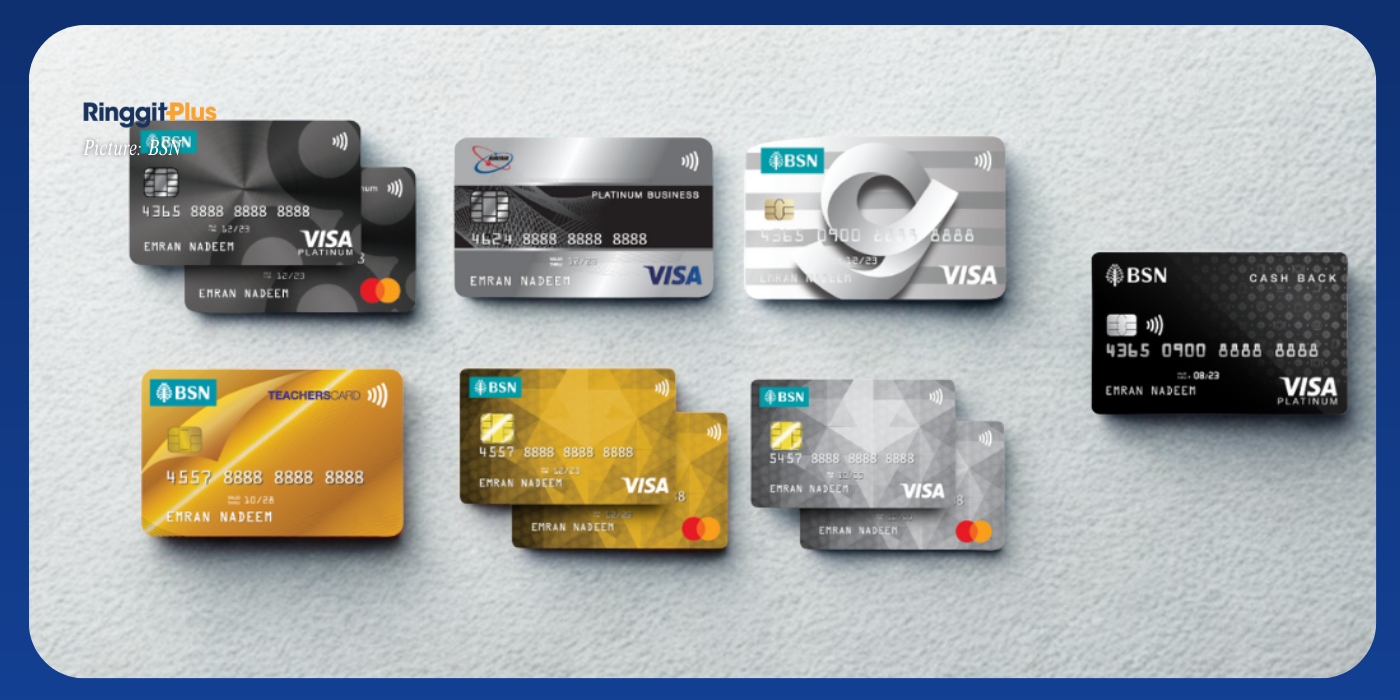Winnie Wu
5th December 2018 - 5 min read
A credit card is not just a piece of plastic, it is a powerful tool that grants you the ability to borrow money in an instant for important personal and business transactions. Having a credit card in your arsenal allows you to spend well beyond your financial capacity.
For that very reason, it’s easy to get tempted and “go crazy” with your spending when you have a credit card (especially if it’s your first credit card). But have you ever thought about what will happen if you can’t afford to pay your credit card debt?
Not having enough financial resources to tame your unrestrained financial spending can lead to some major consequences. So just what exactly happens when you miss your credit card payments? Read on to find out.

Step 1: Interest Charges and Late Payment Fees
Credit card companies will usually begin charging you interest the moment you miss a payment or fail to pay enough to cover your balance. Interest and late payment fees can be really sneaky, they present themselves as small little charges on the bottom of your bill and before you know it, “BOOM”, they’ve accumulated and grown to a gigantic amount.
It is for that very reason that you should never take interest and late payment fees for granted, because if you do, they will cost you dearly in the long run. Always try to pay the full balance on your credit card bill if you want to avoid getting shot with the interest fee bullet.
There are three tiered interest rates regulated by BNM, namely the 15%, 17%
and 18%, per annum interest rates. The longer the period of time that
you consistently pay your credit card bills promptly, the lower the
interest rate charge incurred. More information regarding this in our Credit Card Tiered Interest Rates Explained article.
In addition to that, you will also incur late payment charges which is usually a minimum or RM10 or 1% of the total outstanding balance, whichever is higher as of the statement date. Late payments are usually capped at a maximum of RM100 per account.
Step 2: Collection Calls and Visits
If the threat of interest and late payment fees do not faze you, then the Bank will begin taking more drastic measures. After 1 or 2 months of not making any payment, you’ll begin to receive collection calls/letters and emails from the Bank. The contents of these letters can range from simple friendly reminders to threats of legal action.
If you choose to ignore these letters, then the Bank might send a collections officer to your place of residence to make an inquiry. While the Bank collections officer won’t splash paint on your door or perform any of the other harassment activities associated with illegal money lending, they will use stern language to remind you of the consequences of skipping out on payment.
It should also be noted that by this time, it is also likely that your credit card would have been blocked by the Bank as well.
Dealing with collections officers can be intimidating so the best course of action to take is to remain calm and offer a proper explanation to the officer on why you’ve been missing payment and when you plan on making a payment. Suffice to say, getting angry and/or running away will do nothing to ease the situation. Be responsible and explain yourself.
Step 3: Black mark on Credit Report
When you constantly defer or fail to make payment of your credit card debt then the Bank will put a black mark on your credit report. A credit report is basically a memo on how well the bank can trust you.
So are credit reports limited to just one bank? NO. Credit reports follow you for life and can be accessed by all banks linked directly to Bank Negara Malaysia through the online Central Credit Reference Information System (CCRIS). Having a bad experience with one bank can and probably will lead to you getting blacklisted by all Banks. So why ruin your future ability to borrow money? What if you need to take up a mortgage in the future and the Bank declines your application due to your poor prior credit history?

Step 4: Bankruptcy
Finally, if you truly have absolutely no funds available to pay up your credit card bills then the Bank can sue you for the money that you owe. This is usually reserved as an absolute last resort as the court will weigh out your assets and determine whether you are eligible to pay up your debt.
If it turns out that you have an outstanding amount of RM30,000 and above with a default period of at least 6 months, then under Malaysian Law, you can be declared a bankrupt.
A Director General Insolvency (DGI) will then be appointed by the court to administer over your assets in order to settle the outstanding debts. The DGI will also find and investigate all your assets and properties and sell or dispose of them to repay the creditors. In addition, your passport will also be held by the DGI, meaning that you will effectively be barred from leaving Malaysia.










Comments (1)
if the outstanding debts have been more than 5 years and now have money to repay, shall the person go to the bank that issue the card or bank negara for the full settlement?